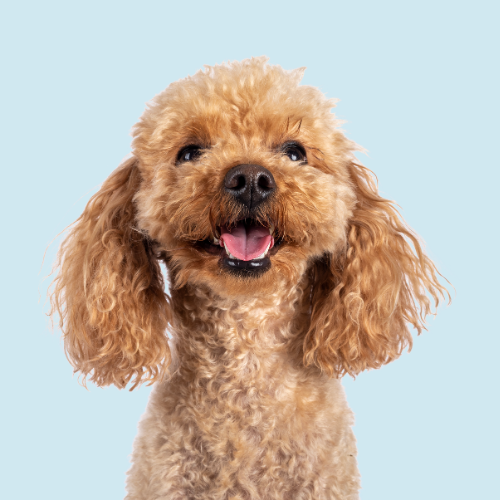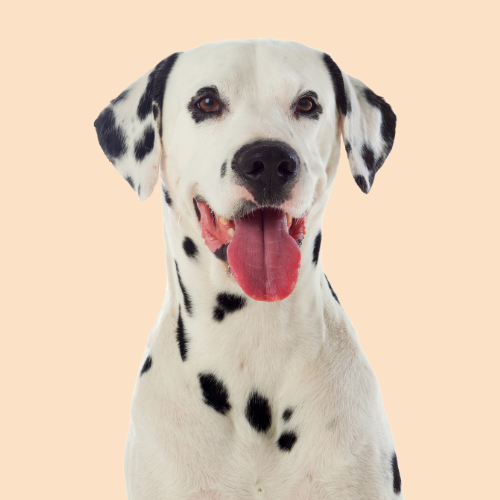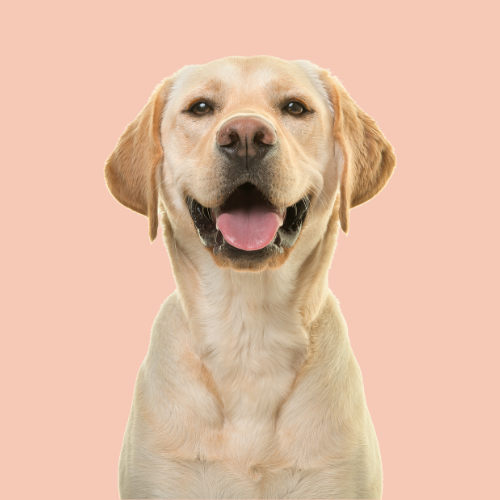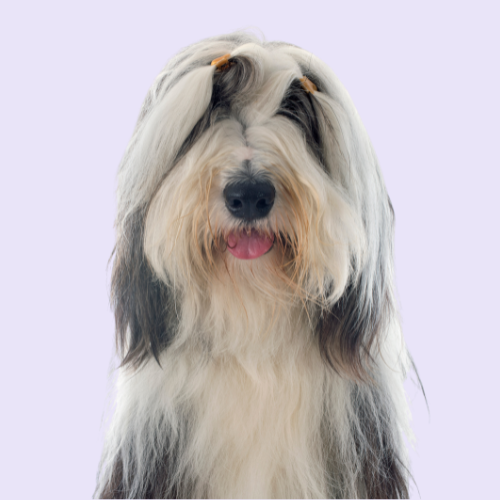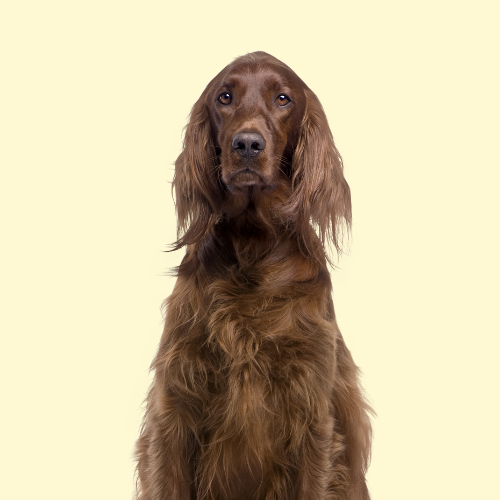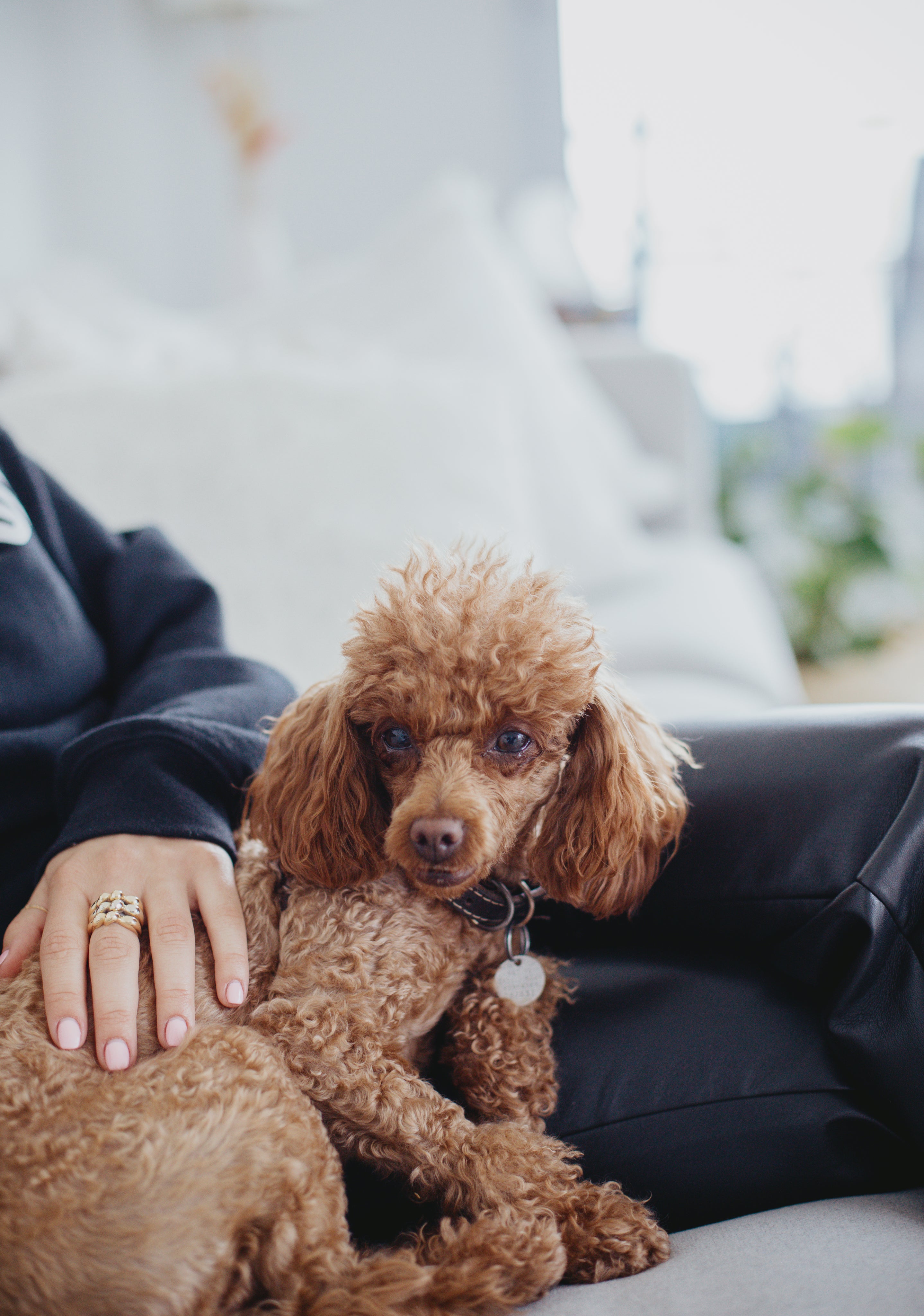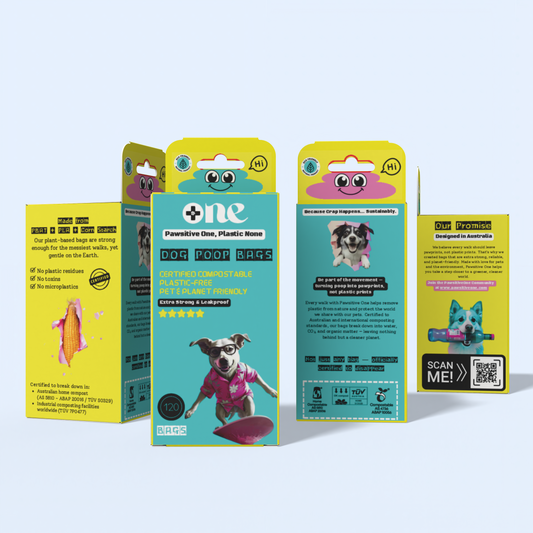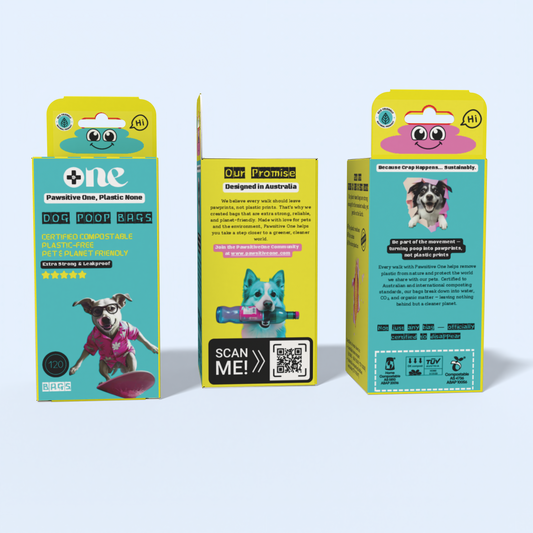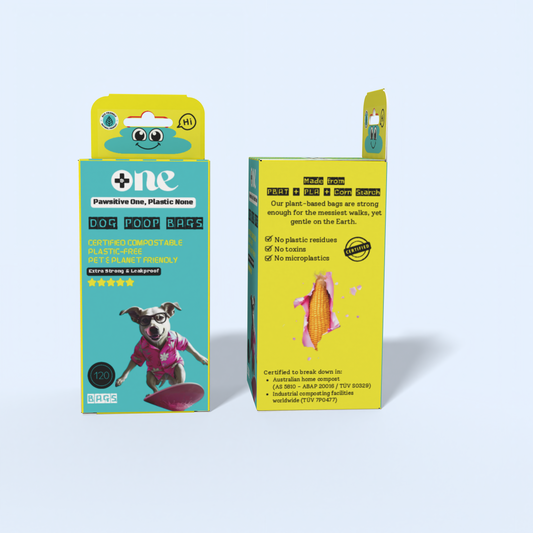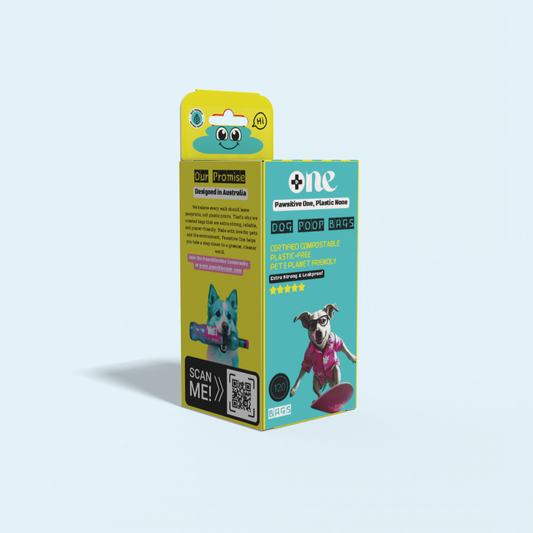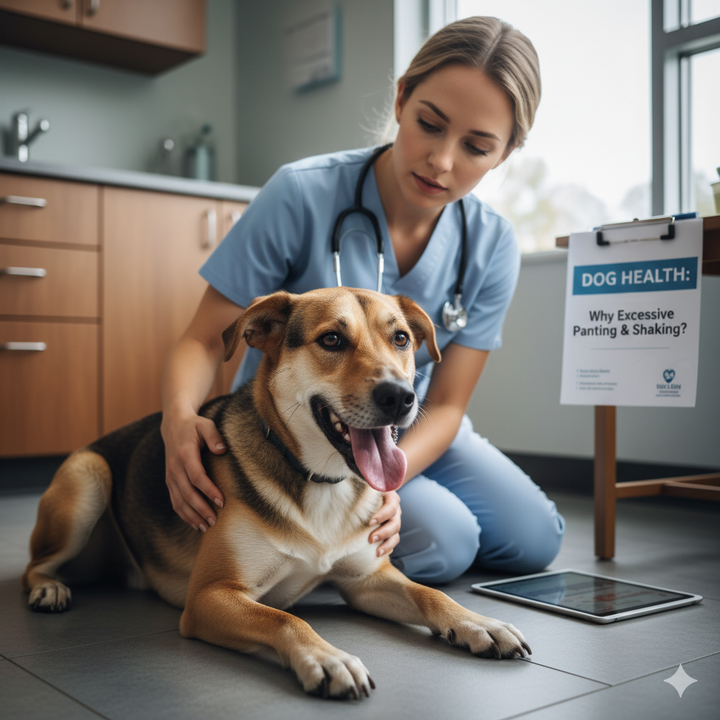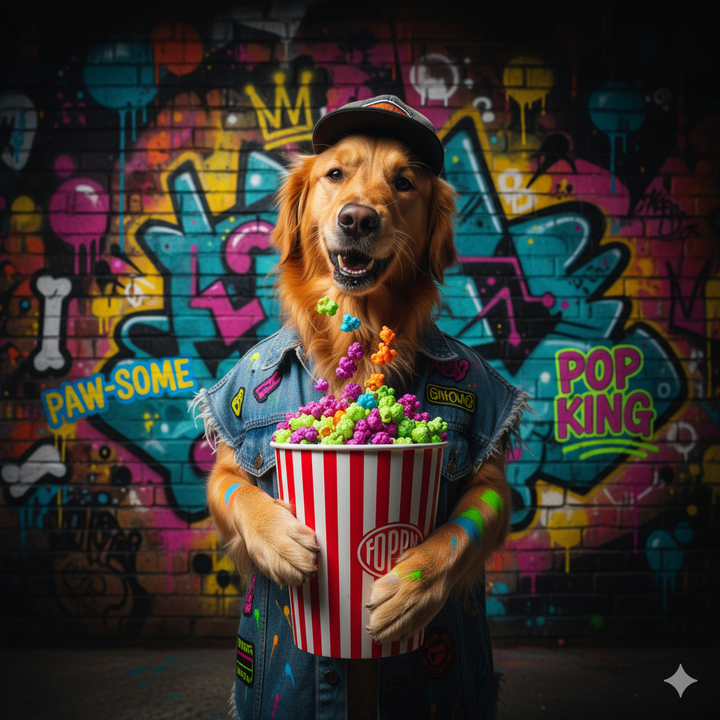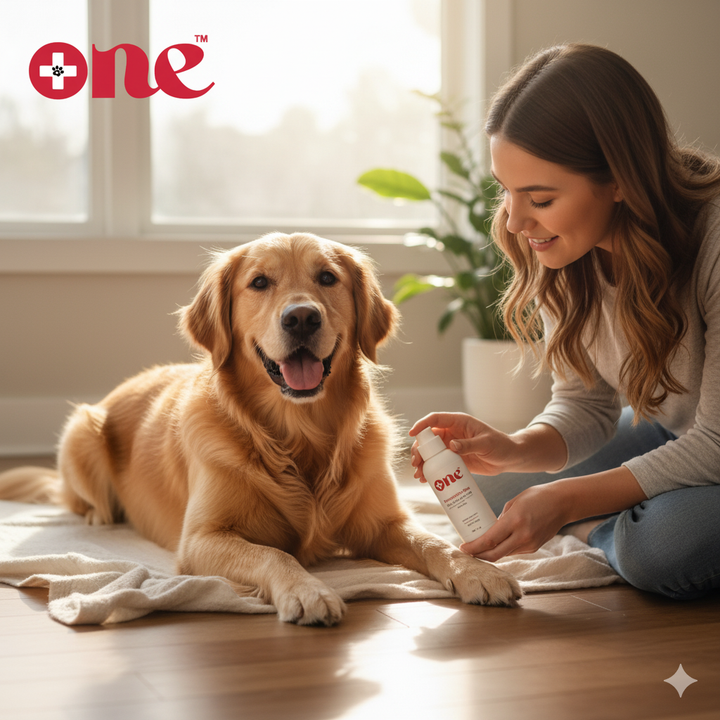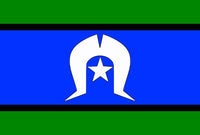Why Is My Dog Licking Me So Much? Decoding the Lick Language | Pawsitive One
Why Is My Dog Licking Me So Much? Decoding the Lick Language
If you're a dog owner, you're familiar with the warm, wet feeling of a dog "kiss." For some dogs, a little lick is a gentle hello. For others, it's a constant, enthusiastic torrent of affection. But when the licking becomes excessive, you might wonder: is this just love, or is my dog trying to tell me something else?
At Pawsitive One, we know that understanding your dog's behaviour is a huge part of being a responsible pet parent. Licking is a complex form of canine communication, and decoding the "why" can strengthen your bond and ensure your dog is happy and healthy.
Here are the top reasons your dog might be licking you so much, ranging from pure love to signs you need to investigate further.
1. The Social & Affectionate Reasons (The Good Stuff!)
For many dogs, licking is simply a natural, positive behaviour stemming from their ancestry and early life.
-
Affection and Bonding: This is the most common and wonderful reason. Dogs lick to show that they love you and feel comfortable with you. It's a way of saying, "You're part of my pack, and I trust you."
-
Grooming and Nurturing: As puppies, dogs are licked by their mothers to be cleaned and stimulated. When they lick you, they are often replicating this comforting, instinctive behaviour. They are "grooming" you as a member of their family.
-
Submissive Gesture: In the canine world, subordinate dogs often lick the mouths of higher-ranking pack members as a sign of respect, deference, or a request for food or attention. When your dog licks your hand or face, it can be a carry-over of this instinct.
-
Attention Seeking: Sometimes, they simply learn that a lick gets a reaction—even a gentle nudge away is attention! If they want to play, eat, or go for a walk, a well-placed lick can be a very effective signal.
2. The Practical Reason: You Taste Good
Let's be honest: humans taste interesting to dogs!
-
Salty Skin: When you sweat, your skin releases salt. Dogs have a fantastic sense of taste and can be genuinely attracted to the salty residue on your skin after a workout, a day outdoors, or even just due to natural body oils.
-
Residual Food Smells: Did you just eat a sausage roll or a piece of cheese? Your hands, face, or clothes might carry lingering traces of food, making you an irresistible treat-dispenser to your dog!
3. The Behavioural & Medical Reasons (When to Pay Attention)
While most licking is harmless, excessive, frantic, or obsessive licking can signal underlying issues:
What to Do If Your Dog is Licking Too Much
If you need to curb the licking (for hygiene or because it's becoming compulsive), here are some tips:
-
Redirection is Key: When your dog starts licking, redirect the behaviour before it gets frantic. Give them a job: "Sit," "Stay," or immediately engage them with a puzzle toy or a chew.
-
Ignore the Lick: If your dog is seeking attention, stand up and walk away the moment the licking starts. Return only when they are calm and no longer licking. This teaches them that licking doesn't get a reaction.
-
Increase Mental Stimulation: Boredom is a major cause of compulsive behaviour. Ensure your dog gets enough challenging toys, training sessions, and playtime to occupy their mind.
Ultimately, a dog's lick is a beautiful sign of connection. By understanding whether it's a simple "I love you" or a cry for help, you can ensure you're meeting all your responsibilities as a loving and informed Australian dog owner.
FAQs: Decoding Your Dog's Lick Language
Q1: Is it safe for my dog to lick my face? A: Most of the time, yes, but it’s best avoided. A dog’s mouth contains bacteria, and while a healthy adult with a strong immune system is usually fine, it's safer to discourage licking near the mouth and nose. It's especially important to discourage face-licking of infants, the elderly, or anyone with a compromised immune system.
Q2: How can I stop my dog from licking me obsessively? A: The best method is to use redirection and ignoring.
-
Stop rewarding the behaviour: When the licking starts, stand up, turn away, and walk out of the room. This teaches your dog that licking makes you leave.
-
Redirect: When your dog is calm, redirect the urge to lick by giving them a durable chew toy, a puzzle feeder, or engaging in a training session. This channels the compulsive energy into a positive activity.
Q3: Does excessive licking mean my dog is anxious? A: It can. If the licking is frantic, repetitive, difficult to interrupt, and happens during periods of stress (like thunderstorms or when you leave the room), it may be a self-soothing or displacement behaviour related to anxiety or stress. If you suspect this, talk to your vet or a certified dog behaviourist.
Q4: My dog licks the carpet/sofa/air excessively. Is this related to licking me? A: Yes, excessive licking of surfaces or the air is often a sign of compulsive behaviour or, sometimes, gastrointestinal discomfort (nausea). If your dog suddenly develops this habit, it is crucial to consult your veterinarian first to rule out any medical issues. If the vet finds no medical cause, the behaviour is likely psychological and requires training and environmental enrichment.
Q5: Why does my dog lick my feet specifically? A: Dogs are often attracted to the salty residue left on feet and ankles from sweat. Additionally, because feet are low and easily accessible, it can be a submissive or appeasement gesture—they are showing respect to the higher-ranking pack member.
